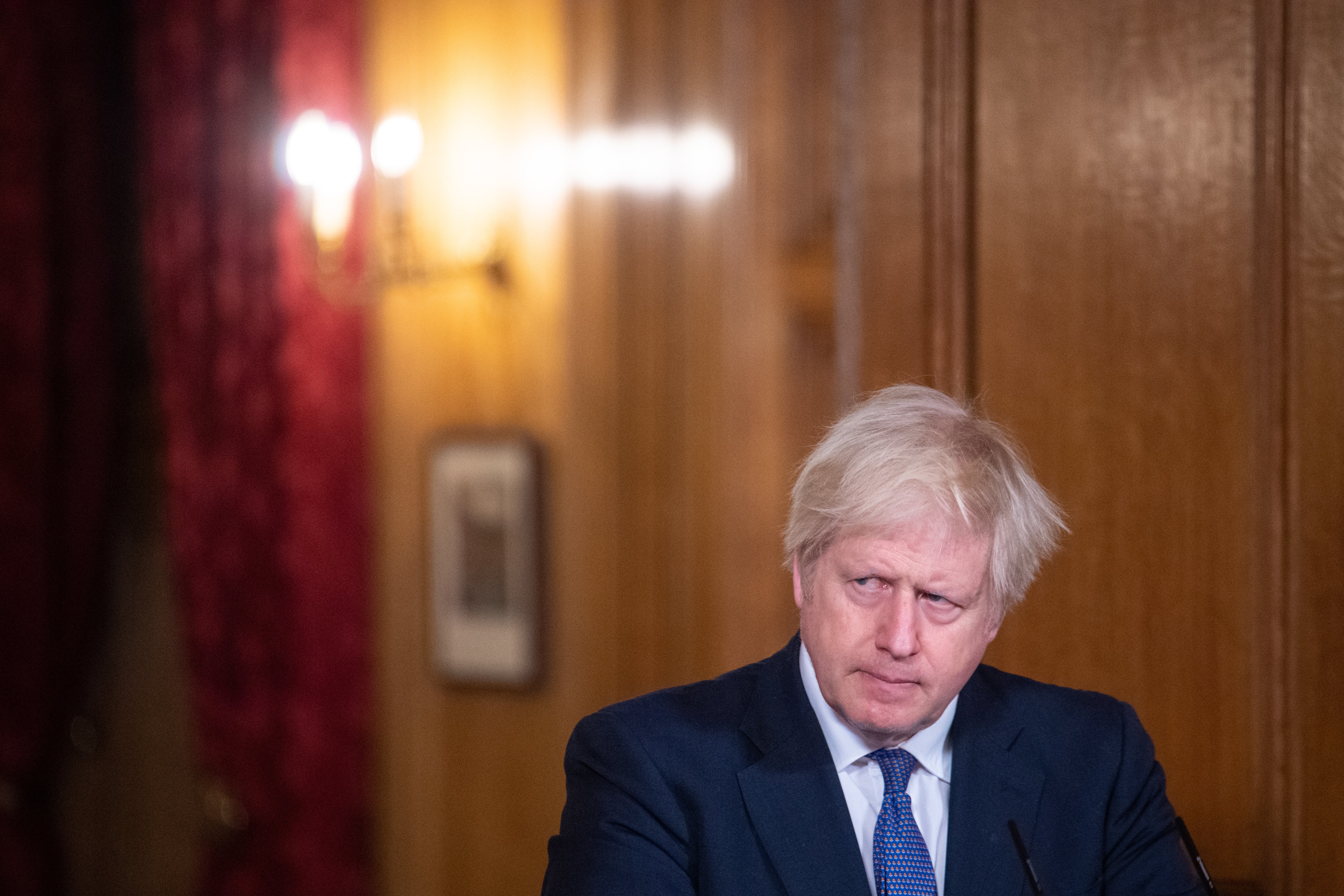Tories risk return to ‘nasty party’ if they remove universal credit increase, warns former government adviser
Dame Louise Casey warns removing payment is ‘too punitive’

The Conservatives risk returning to the days of the “nasty party” if they remove a £20-per-week increase in universal credit payments during the pandemic, the government’s former homelessness adviser has warned.
Warning the “country had been torn to shreds” by the coronavirus crisis with considerable numbers turning to state support, Dame Louise Casey said removing the additional payments would be “too punitive” for low-paid families.
Her intervention comes amid a major political row over whether to maintain the £6bn uplift – introduced at the onset of the pandemic last year – beyond March when it is currently set to expire.
Earlier this week, six Conservatives, including former work and pensions secretary Stephen Crabb, defied the government whip and voted for Labour’s motion to extend the payments worth up to £1,040 per year.
With Britons enduring their third lockdown and the economy facing a severe downturn, the government has so far resisted intense pressure to extend the increase and a final decision is not expected until the Budget.
“To remove that £20 a week – it’s too punitive, it’s not the right thing to do, and I think they just go back to being the nasty party,” Dame Louise told the BBC.
The description of the “nasty party” was used by the former prime minister Theresa May at a Conservative conference when the party was in opposition.
Addressing activists in 2002, she told them: “There’s a lot we need to do in this party of ours. Our base is too narrow and so, occasionally, are our sympathies. You know what some people call us: the nasty party.”
Dame Louise added: “Clearly they shouldn’t reverse the universal credit addition that would just, you know, there are one or two ways that you know you can make sure you can get to poor families and give them a lifeline.
“Universal credit – the uplift – is one of those. Other ways are to get food, for example, vouchers and extra cash to like free school meals and struggling families.”
But Boris Johnson’s press secretary Allegra Stratton rejected the charge, telling reporters: "There’s no way that this party or this government can be called the ‘nasty party’, when you look at the £280bn of support that has been put in place during the pandemic for everybody.
"When you crunch that £280bn, you can see - and independent analysts will back this up - that a lot of it has gone towards the less well-off in society.
“This is not only a government that’s put a huge amount of resources into making sure every household, families and individuals across the country, have what they need to get through this pandemic, but has also been particularly mindful of the less well-off.”
Dame Louise also urged Rishi Sunak, the chancellor, who is reported to be considering a one-off £500 payment to claimants to avoid the uplift becoming permanent, to consider the effect removing the payment would have on people’s lives.
“The Treasury need to step back and not feel this constant responsibility to close the books all the time and fight and fight and fight,” she said.
“They need to step back and think if we really want to rebuild Britain, what type of economic policy do we need to put in place that will ... not take the knees out from under people.”
A government spokesperson said: “We are committed to supporting the lowest-paid families through the pandemic and beyond to ensure that nobody is left behind.
“That’s why we’ve targeted our support to those most in need by raising the living wage, spending hundreds of billions to safeguard jobs, boosting welfare support by billions and introducing the £170m Covid winter grant scheme to help children and families stay warm and well-fed during the coldest months.
“No decisions have yet been made on a range of Covid support measures that run through until the end of March and April, and it is right to wait until we know more about where we are in the vaccination process before making any decisions.”
Join our commenting forum
Join thought-provoking conversations, follow other Independent readers and see their replies
Comments



Bookmark popover
Removed from bookmarks